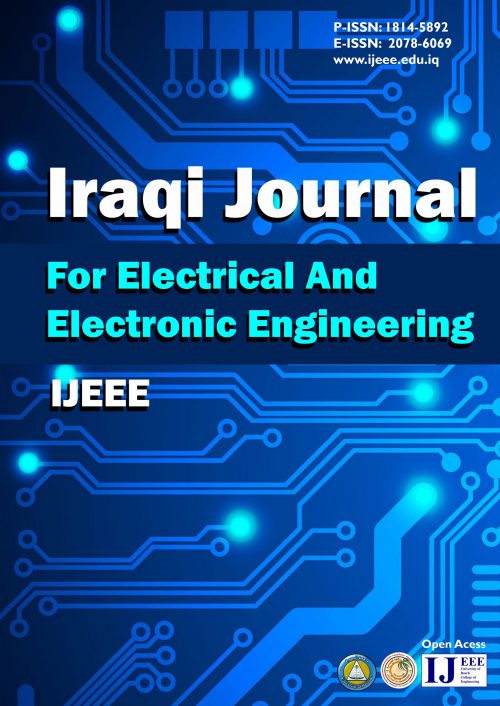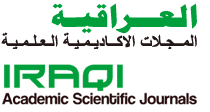Articles
Announcements
Update on Article Processing Charges
The Iraqi Journal of Electrical and Electronic Engineering (IJEEE) is a peer-reviewed open access journal that undergoes a rigorous evaluation process and is freely accessible to the public. As...









